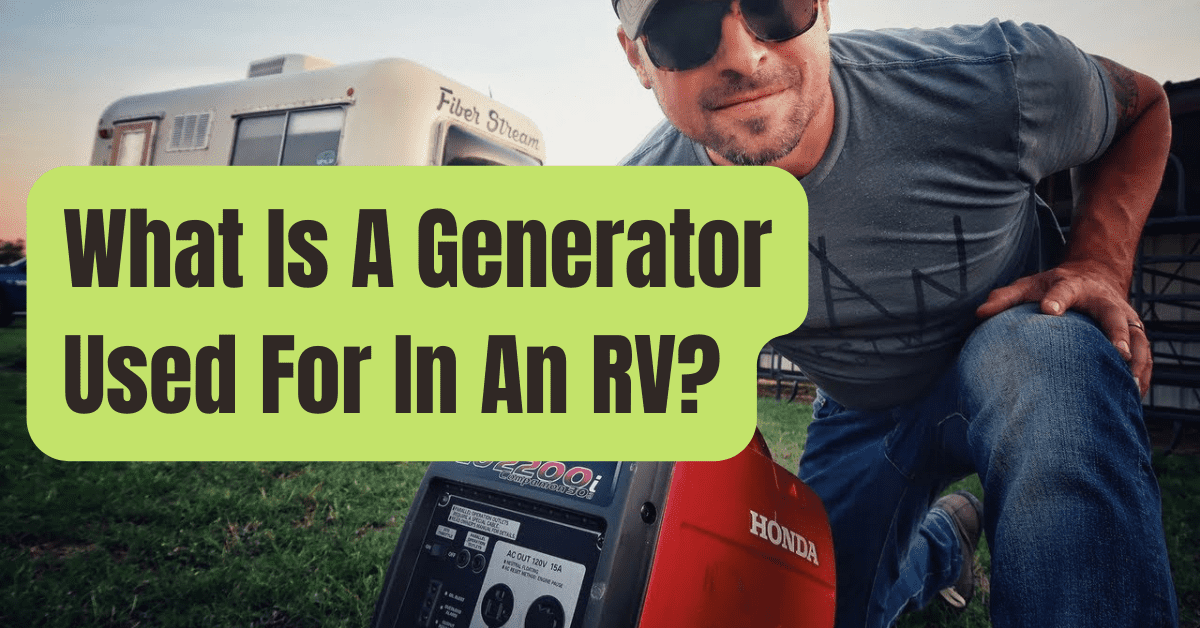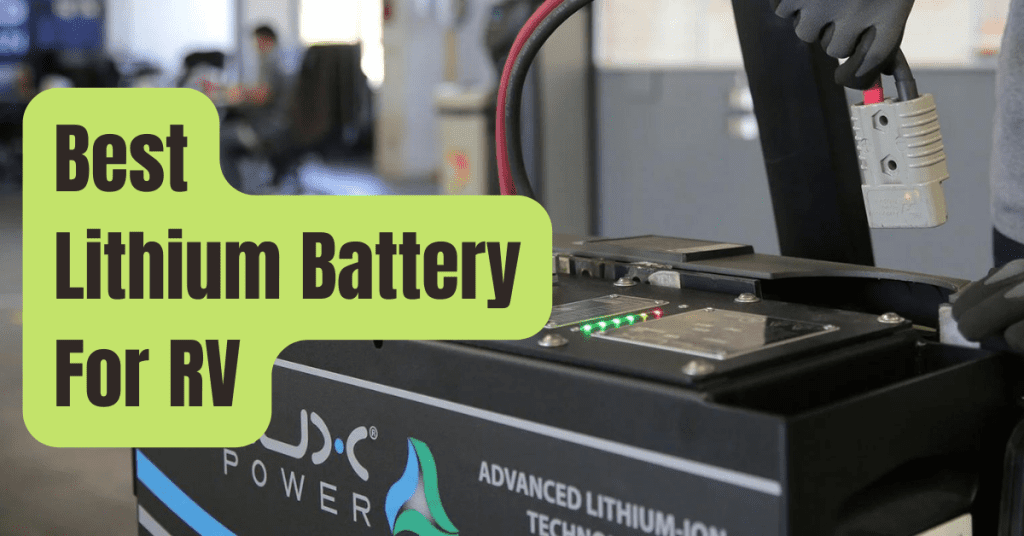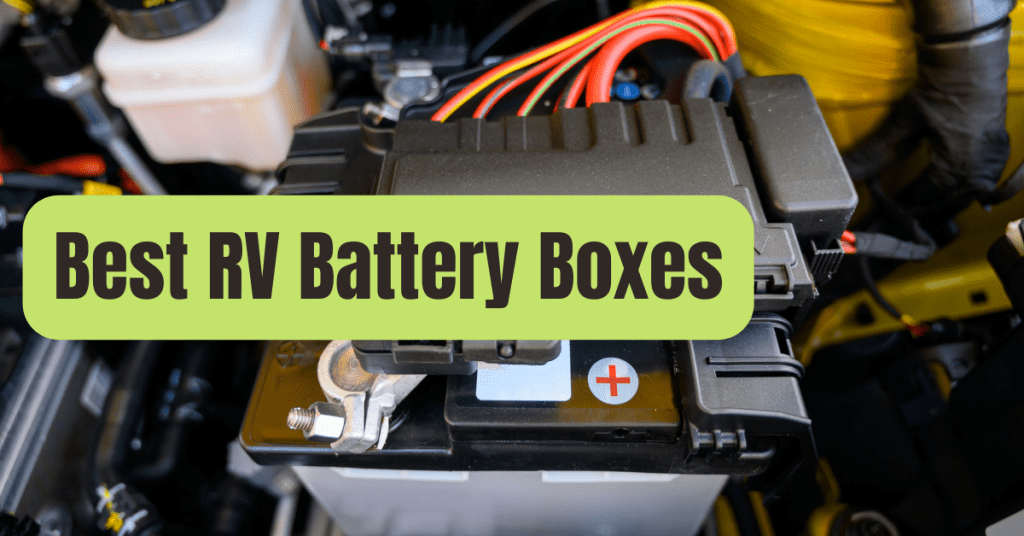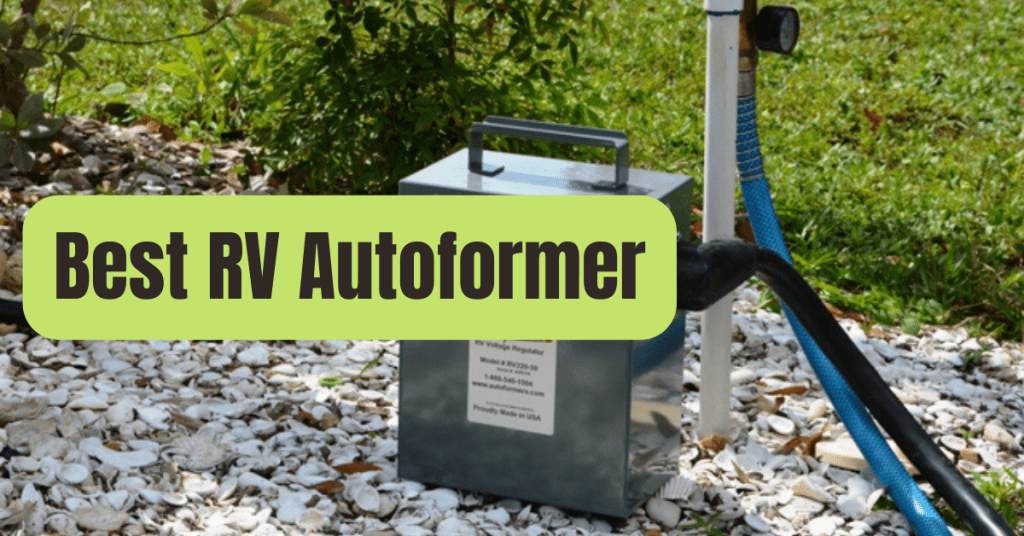There are many subtleties to acclimate to if you are new to the world of RVs.
Regulating and knowing where your strength originates from is one of them.
The majority of the time, electricity is provided by a generator.
Why are generators installed in RVs? Generators are used to power your RV.
The generator in the RV serves two roles.
It is first used to store energy in the house batteries of your RV.
Second, it may be directly plugged into a 120v AC power outlet.
These two choices enable you to utilize the generator to generate energy or store energy for later use when the generator is turned down.
Because a generator can only charge your home battery at a certain amount of amperage, the second alternative is more efficient.
As a result, charging the home batteries will take a long time.
You’ll want to be sure your RV is the perfect fit for your car and that you can keep up with the required maintenance.
The Appropriate Generator
Most RVs come with their own built-in generators, which will normally accomplish the job you need them to do since they are already configured to the RV’s appliances.
However, if you’re looking for a new generator to compensate for excessive energy use or the addition of new appliances to your RV, you’ll need to know what to look for.
When it comes to generators, you need to consider the kind of generator, which will influence the type of fuel it consumes, as well as the generator’s size.
The size of the generator is the most significant factor here since you need the right amount of amps to match your appliances, but the kind of generator is also vital.
Generators Of Various Sizes
When I speak about the size of a generator, I’m referring to the amount of energy it can produce.
You’ll need to figure this out since too much energy will blow the circuits in the RV and leave you without electricity.
To determine the amount of the generator you’ll need, list all of the 120-volt appliances in your RV.
After you’ve added things up, you’ll need to add the energy used to start your air conditioner.
Cooling and heating use the most energy, thus your RV’s air conditioner will be the most energy-intensive.
Finding the greatest energy use from your air conditioner and multiplying it by the cost of your other most expensive equipment will provide you with a safe minimum to start searching for.
This will be in the 3,000 to 4,000 watt range on average.
Look for a sticker on the machine if you’re having problems figuring out how much energy it consumes.
Look up the model number and appliance name if you still can’t locate it.
Generators For RVs Come In A Variety Of Shapes And Sizes.
There are three basic kinds of RV generators, each with its own set of benefits and drawbacks.
Gas, diesel, and liquid propane are the three options.
If you’re merely replacing your generator, you don’t want to alter the sort of fuel it utilizes.
Allow the RV to continue in the direction it is used to.
If you’re installing a generator in an RV that doesn’t already have one or require a big renovation, you’ll want to consider all of your alternatives.
#1. Gas
Gas is unquestionably the most practical of your alternatives.
You’ll need to fill up your tank with petrol anyhow, so it won’t be difficult to sneak in some gas for your generator.
Gas, on the other hand, burns quickly and hotly.
That implies you’ll have to replenish your generator more often since you’ll have more possibilities to do so.
Furthermore, because of how combustible Gas is, it might be a fire danger if not handled properly.
This is particularly crucial when you’re pumping gas into a device that generates electricity.
If you put it on the incorrect portion of your generator, you’ll need to replace it.
Finally, gas is the least eco-friendly alternative available.
So, if you’re worried about the environment, this isn’t the ideal choice.
#2. Diesel
Diesel is used in certain RVs.
If this is the case, investing in a diesel generator is a wise decision.
You’ll be able to utilize diesel in the same way that you can with gas.
Fill both your tank and generator at the same time.
Because diesel isn’t as widely available as gasoline, you’ll have to do a bit more exploring to locate a spot to fill up, but it shouldn’t be too difficult.
Diesel is more powerful than liquid propane and less volatile than natural gas.
It’s the halfway point between green liquid propane and a gas that’s bad for the environment.
The most significant advantage is the low amount of recharging required—it has the greatest storage and fuel efficiency of the group.
One significant disadvantage is that diesel generators are generally noisier than their gasoline counterparts.
They aren’t very bothersome, but they lack the basic hum of the other alternatives.
#3. Propane (Liquid)
Liquid propane, being an environmentally friendly solution, is a terrific method to remain green while still having the ability to store your fuel.
While both diesel and gas have limited storage capacity, liquid propane is usually safe to leave alone.
The advantages, however, come to a stop there.
Liquid propane is the most difficult to get and emits the least amount of energy when burned.
It’s a good decision for the environment, but if you’re going to use it, make sure you have some on hand and ready for when you’re not near a store that can sell you some.
Maintenance on Generators
You want to make sure that your generator, whether new or old, can continue to operate.
It is necessary to exercise in order to achieve this.
If you keep your generator running for a long time, it will slow down and unleash a burst of power as it changes its RPM between high and low settings.
After a month of action, this might begin.
This usually occurs when the gasoline in the tank sits for too long, separating and impacting other elements of the generator.
To avoid this, schedule the generator to operate for a few hours once a month.
This is especially crucial during the winter, when they are less likely to be utilized and are more prone to cause problems owing to the cooling liquid.
It can also be a good idea to switch on some appliances in the RV so you can see the generator performing its job.
Bring your RV generator to your local mechanic or RV dealership if you have any more worries about the noises it is producing or if it has suddenly stopped working.
They’ll be able to dig further into the problem.
FAQs
Is it necessary to purchase a portable generator for my RV?
For dependable electricity, RV generators are the best option.
A portable generator may offer you with a reasonable quantity of electricity, but it is seldom as powerful as a built-in generator.
Check your RV’s energy use; if a portable generator works, excellent; if not, investigate what other built-in possibilities you have.
Do all travel trailers come equipped with generators?
Generators aren’t found in every travel trailer.
Some generators are built-in, while others need the use of a portable generator.
Is it a terrible idea to have my RV plugged in all of the time?
It won’t affect any of your appliances, but it will deplete the electrolyte levels in your RV’s batteries over time.
As a result, keeping it plugged in for long periods of time will impair the battery’s maximum capacity more than just letting it sit.










